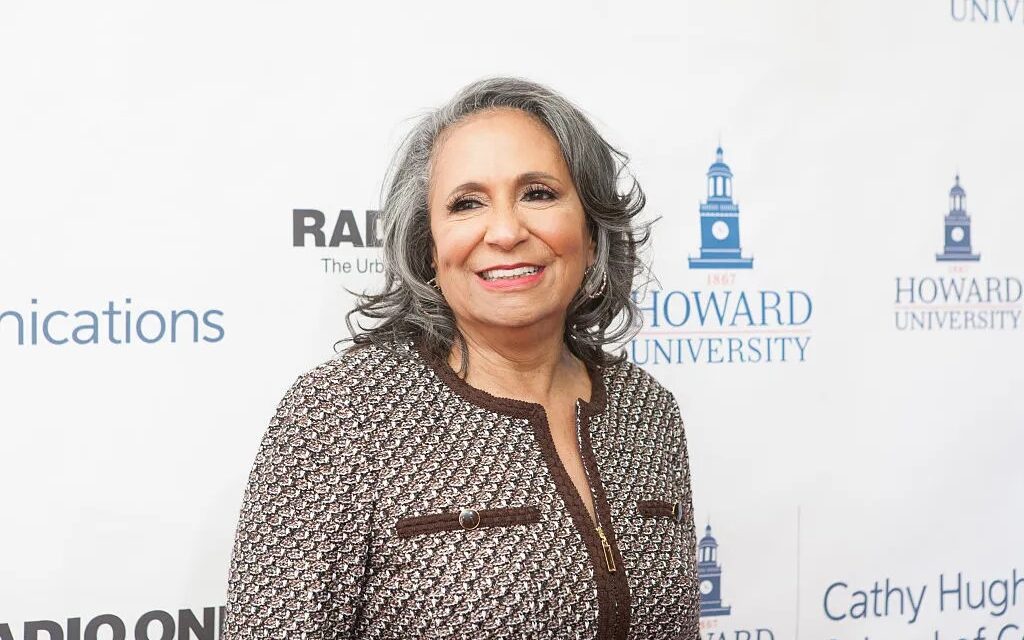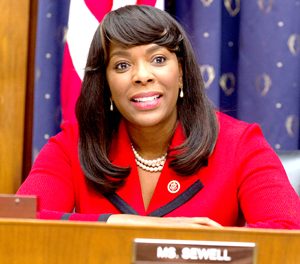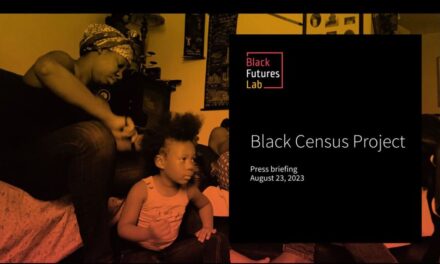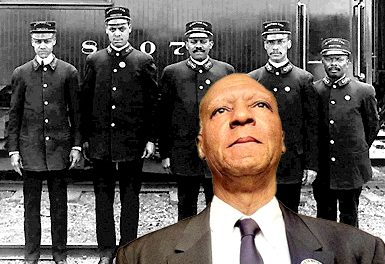By Gene Lambey,
Special to the AFRO
Maryland Congressman Steny Hoyer (D-Md.-District 5) invited Cathy Hughes, the founder and owner of the largest African-American owned and operated broadcasting company, UrbanOne to speak at the 43rd annual Black History Month Breakfast Celebration on Feb 17.
“Every year, the Black History Month Breakfast theme follows the national Black History Month theme as established by the Association for the Study of African American Life and History (ASALH),” Hoyer shared. “Dr. Carter G. Woodson, recognized as the Father of Black History Month, founded ASALH in 1915 to carry forth the work of Black History Month.”
This year’s breakfast celebration was held at Martin’s Crosswinds in Greenbelt, Md.
“It is with sincere humility and gratitude that I am joining the 43rd Annual Black History Month Celebration that Congressman Steny Hoyer has conducted for over four decades,” said Cathy Hughes.
This event was created to promote African-American artists now and in the future to continue doing their work.
“As a lifelong supporter of the arts, I strongly believe arts and humanities are a critical component of our democracy. American artists remind our country of who we are – and African-American artists play a key role in that in our history and our future,” said Hoyer. “One of my top priorities in Congress is securing robust public school funding and ensuring that Maryland schools can maintain and expand the arts for students in the Fifth District.”
Congressman Hayer opened the event, listing several African-American figures in the arts from poets such as Phillis Wheatley to rap artists such as Common. He spoke on the support of African-American artists during the height of the Civil Rights Movement.
“The Black History Month Breakfast has a rich history with distinguished speakers including my friend and brother the late Congressman John Lewis, then-Sen. Barack Obama, Vice President Kamala Harris and Maryland Gov. Wes Moore,” Hoyer told the AFRO. “For 43 years I’ve looked forward to the BHMB breakfast as a highlight of my year – bringing together community leaders, public servants, and Prince Georgians to celebrate Black history. I was proud to partner with my friend Betty Richardson many years ago to establish the Black History Month Planning Committee which is made up of community leaders who spearhead this excellent event.”
After referencing these historical, past and current Black artists, he spoke about Hughes and her background. Hoyer expressed that Hughes helped “amplify the voices of so many artists” over the years.
“She is a woman with great appreciation for the arts and a tremendous work ethic,” said Congressman Hoyer.
Growing up in the projects in Omaha, Nebraska, Hughes learned to adapt and developed herself. While taking care of her son, she attended the University of Nebraska Omaha and Creighton University, and took Business Administration courses.
Her early career in journalism and radio and time at these universities prepared her to work as the general sales manager for Howard University’s radio station, WHUR, in Washington D.C. in 1971.
Hughes helped pioneer the “quiet storm” format, along with Howard University intern Melvin Lindsey in 1976. The “quiet storm” format named after Smokey Robinson’s song would tie into the late night WHUR show, opening with rhythm, blues and smooth jazz, to include jazz fusion music. The format was adopted by stations across the nation quickly.
She bought her first radio station, WOL-AM in 1980 and continued buying radio stations. Adding to these radio stations, Hughes ventured into television, radio talk shows and music genres.
In 2004, her platform, Urban One, went public, becoming the largest African-American multimedia company. Hughes became the first successful African-American woman to own a public company.
“Today, Urban One oversees dozens of stations spanning many of the biggest media markets in America. Urban One has created a platform for black voices and artists that would have seemed unimaginable just a generation ago,” said Hoyer. “None of it would have been possible without Cathy Hughes and her extraordinary vision.”











